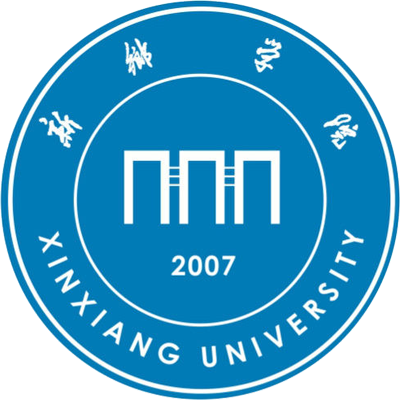详细信息
正火处理对建筑耐火钢组织和性能的影响
Influence of Normalizing Treatment on Microstructure and Properties of Fire-resistant Steel for Construction
文献类型:期刊文献
中文题名:正火处理对建筑耐火钢组织和性能的影响
英文题名:Influence of Normalizing Treatment on Microstructure and Properties of Fire-resistant Steel for Construction
作者:杨卫芳[1]
第一作者:杨卫芳
机构:[1]新乡学院土木工程与建筑学院
第一机构:新乡学院土木工程与建筑学院
年份:2017
卷号:0
期号:18
起止页码:224-227
中文期刊名:热加工工艺
外文期刊名:Hot Working Technology
收录:CSTPCD;;Scopus;北大核心:【北大核心2014】;CSCD:【CSCD_E2017_2018】;
语种:中文
中文关键词:耐火钢;组织;M-A岛
外文关键词:fire-resistant steel; microstructure; M-A island
摘要:通过金相显微镜、透射电镜观察,研究了正火温度对建筑耐火钢组织性能的影响。结果表明:正火后耐火钢组织主要为铁素体与M-A岛,M-A岛含量随着正火温度升高而增加,770℃时,M-A岛含量达到最大值,此后M-A岛随温度升高含量降低。随着正火温度的升高,试验钢的抗拉强度升高,正火温度超过770℃后,抗拉强度开始下降。耐火钢的最佳正火温度为770℃。
The influence of normalizing temperature on microstructure and properties of building fire-resistant steel was studied by means of the microscope and transmission electron microscope. The results show that the microstructure of the fire-resistant steel after normalizing is mainly ferrite and M-A islands, M-A island contents increase with normalizing temperature increasing, the M-A island content reaches maximum at 770 ℃, and then the M-A island contents decrease with the increase of temperature. With the increase of normalizing temperature, the tensile strength of the test steel increases. After normalizing temperature over 770℃, the tensile strength begins to decline. The optimum normalizing temperature of the refractory steel is 770℃.
参考文献:
![]() 正在载入数据...
正在载入数据...


